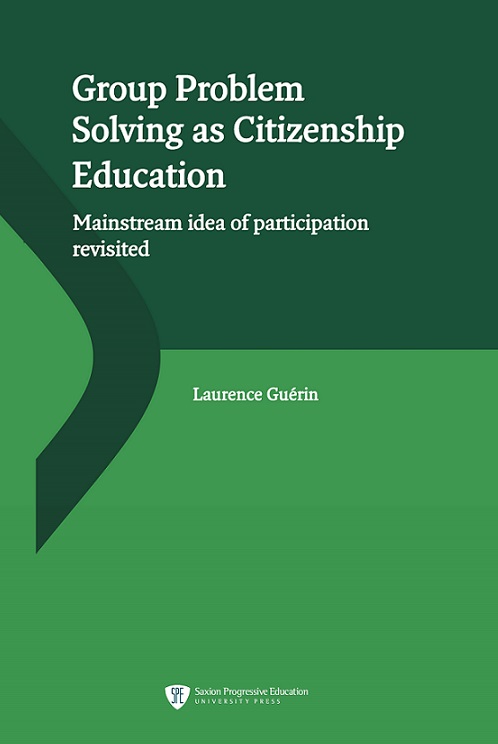Binding : Paperback
Distributievorm : Boek (print, druk)
Formaat :
148mm x 230mm
Aantal pagina's :
204
Uitgeverij :
Leonon Media
ISBN :
9789492618191
Datum publicatie : 04-2018
Niet leverbaar
×
€ 25,95
ePUB ebook
niet beschikbaar
PDF ebook
niet beschikbaar
€ 25,95
niet beschikbaar
niet beschikbaar
Niet leverbaar
Veilig betalen 

14 dagen bedenktermijn

